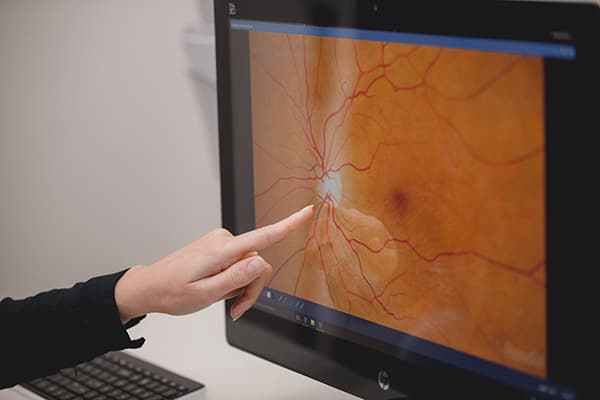What you need to know about surgical options for macular degeneration?

The eye requires delicate care and attention, especially when dealing with conditions affecting central vision and daily activities. As medical science advances, various surgical interventions have emerged, offering hope and improved outcomes for individuals facing vision challenges.
Early detection and intervention
Vision changes often emerge gradually, making regular eye examinations crucial for identifying potential issues. Medical professionals recommend comprehensive eye checks, particularly for individuals above 50 years old, to detect early signs of deterioration and implement timely interventions.
Understanding the condition
When the central portion of the retina deteriorates, it impacts the ability to see fine details, read, recognize faces, and perform detailed tasks. This progressive condition affects millions worldwide, particularly in ageing populations, highlighting the importance of understanding available surgical options.
Available surgical approaches
Several surgical interventions exist today, each tailored to specific patient needs and condition severity. These procedures range from minimally invasive techniques to more complex surgical operations, all designed to address various stages of vision impairment.
Laser therapy and its benefits
Macular Degeneration treatment through laser therapy represents a significant advancement in eye care. This procedure targets specific areas of the retina, helping to slow down vision loss and preserve remaining sight. The procedure typically takes place in an outpatient setting, allowing patients to return home the same day.
Modern surgical techniques
Advanced surgical options include specialized implants and tissue transplantation procedures. These interventions aim to restore or maintain central vision, enabling patients to continue their daily activities with improved visual capability. Recovery periods vary based on the specific procedure and individual patient factors.
Injectable medications

For patients with specific forms of macular degeneration, injectable treatments have shown promising results. These medications work by targeting abnormal blood vessel growth, helping to preserve vision and prevent further deterioration. Treatment schedules are customized based on individual response and disease progression.
Treatment timing and considerations
The success of surgical interventions often depends on several factors, including:
- Disease progression stage
- Overall eye health
- Patient age and general health
- Previous treatments received
- Expected outcome goals
Lifestyle modifications and support
Alongside surgical interventions, certain lifestyle changes support better outcomes:
- Proper nutrition rich in specific vitamins and minerals
- Protection from harmful UV rays
- Regular exercise and maintaining healthy blood pressure
- Smoking cessation, if applicable
- Regular monitoring of vision changes
Future developments
Research continues to advance surgical techniques and treatment options. New technologies and procedures undergo rigorous testing to ensure safety and effectiveness, promising even better outcomes for future patients.
Impact on daily living
Successfully treated patients often experience:
- Improved ability to read and write
- Better face recognition
- Enhanced independence in daily activities
- Increased confidence in mobility
- Better overall quality of life
Professional guidance
Working closely with eye care specialists ensures:
- Proper procedure selection
- Optimal timing of interventions
- Comprehensive pre-operative preparation
- Effective post-operative care
- Long-term vision maintenance strategies
Prevention and maintenance
While surgical options provide significant benefits, preventing further deterioration remains crucial through:
- Regular eye examinations
- Early intervention when needed
- Proper eye protection
- Healthy lifestyle choices
- Ongoing monitoring
Available surgical options empower patients to make informed decisions about their eye health. With proper medical guidance, timely intervention, and appropriate post-operative care, many individuals experience improved quality of life and maintained independence.











